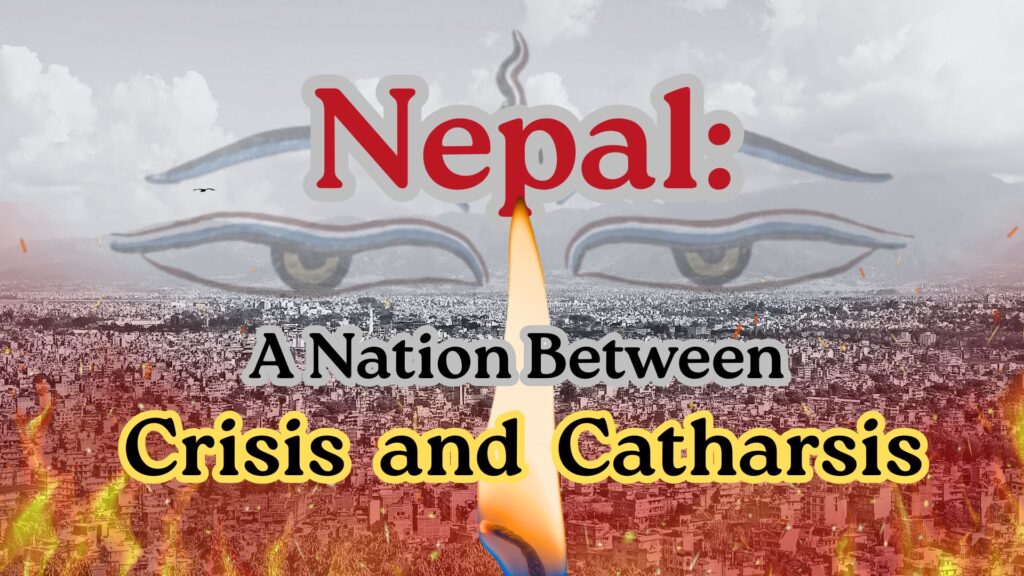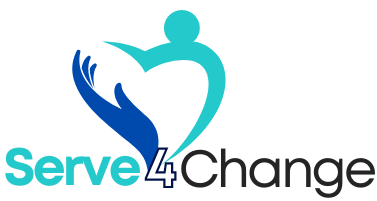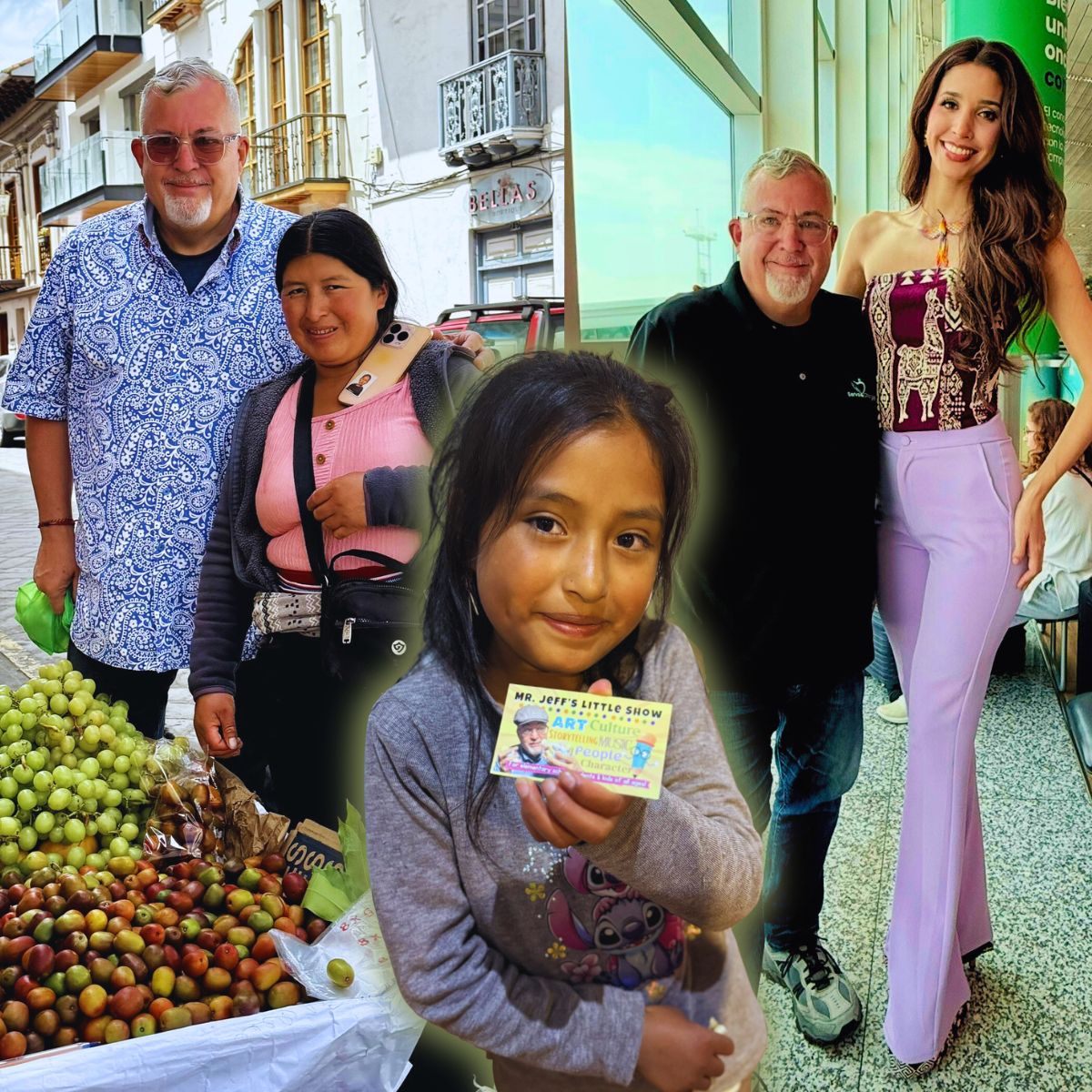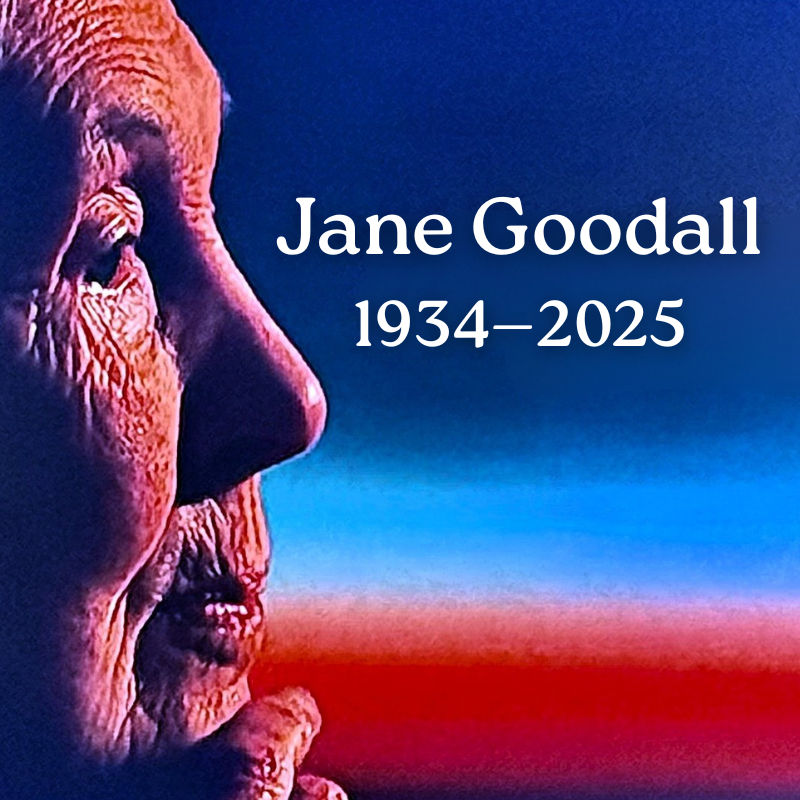
Today marks the anniversary of 9/11, a day etched in U.S. history as one of unimaginable tragedy and loss. As I pause to remember the lives taken and the resilience that followed, my mind is also drawn halfway across the world to another place I love—Nepal—where a different kind of tragedy is unfolding.
Between last year and now, I spent ten months in Nepal, eight of them at a school in the historic city of Kathmandu.
I was privileged to work with students from PreK through 10th grade (the cutoff for basic education). I had the opportunity to teach English conversation, Public Speaking, Creative Expression—and what became the most significant part of my work, Personal Development.
I introduced the idea of a Personal Development class that focused on character, virtues, and positive mindset, structuring the lessons to be age-appropriate.
According to the school leadership, there were no similar courses being offered in their school association or even in the region. To be a foreign volunteer teaching globally recognized virtues to a segment of society that desperately needed—and wanted—to learn them was one of the greatest privileges I’ve ever had.
What followed was an opportunity to tailor seminars for both students and teachers that I presented in several schools. All in all, I probably shared with and encouraged over a thousand students, and at least a hundred teachers during my time in Kathmandu.
The basis of my teachings came from time-honored sources: Jesus and the Bible, Gandhi and the Vedas, the Quran, as well as voices as diverse as Albert Einstein, Maya Angelou, the Dalai Lama, and Helen Keller. (Side note: much of this is captured in my forthcoming book, Eternally Hip, which will be available early 2026.)
The school and I both wanted me to stay on, hoping for an entire academic year. The plan was that we would acquire a work visa to allow me to do so. But there were unforeseen hurdles in the application process, several of them surprisingly bogus. The idea was shut down on our very first visit to the Ministry of Education. To our disappointment, I had no recourse but to leave once my tourist visa expired.
Leaving the school was not easy. I had encountered a beautiful people and culture and had fallen in love with the students and staff. There was so much opportunity to mentor, encourage, and plant seeds of hope.
And now, just five months later, the very building where we inquired about extending my visa lies in ruins. Two days ago from this writing, what was to be a peaceful demonstration in Kathmandu led by thousands of Generation Z’ers (those born from roughly 1997 to 2012), erupted into a bloody inferno that engulfed the city.
News media said the march was initially sparked by the government’s recent ban on nearly all social media platforms. But its purpose was much deeper. It was a call for an end to the pervasive political corruption and nepotism that has plagued the tiny South Asian country for decades.
Rage ensued as police used lethal force, killing at least 22 demonstrators—mostly youth—and injuring hundreds more. As is common around the world, renegade groups without the same objectives also got involved, perpetrating much of the unnecessary violence and vandalism that spread throughout the city and into surrounding areas.
The Singha Durbar (a major government complex), along with the Parliament, Supreme Court, and Congress buildings, as well as the private residences of the former Prime Minister and other top leaders, were incinerated.
The desire driving the Nepali youth is a new, reformed government committed to creating a democracy that respects the basic human rights of peace, dignity, equality, and freedom of expression. They long for leadership that is transparent and accountable.
Even if such leadership is eventually put in place, the country has been woefully set back many years as a result of the deadly, destructive turmoil. It is a truly heart-rending situation.
Now, as I consider the uncertain future waiting for the beautiful young souls I was privileged to teach for a season, my message to them is more urgent than ever:
“You are not yet responsible for this world. But soon we—the older generations—will be handing over a broken and badly injured planet to you, one that you will be responsible to lead, to fix, and to change its future.”
“To do it, you will need an enormous amount of empathy, integrity, self-discipline, determination, and compassion. And you must know that your actions—everything you do today—will have an impact on tomorrow.”
“Will you choose to become a candle, a light that shines where there seems to be only darkness?”
“Will you choose the High Road of dignity, compassion, and mutual respect—the narrow road where only a few seem to travel? Or will you take the easier Low and Wide Road of greed and corruption—the crowded road that always leads to destruction? That choice is yours alone. No one can force you, regardless of your circumstances.”
“Will you respect the country that gave you your life, and help restore her to the beauty that once adorned her? Or will you run away from her, at the very time when she needs you most?”
“Will you become an agent of change, and work for the basic rights of others?”
“There is no one else to do it but you, but you won’t be able to do it alone.”
“You will need to understand that collaboration with others who commit to the same cause is what will bring change. But it starts with you.”
Nepal isn’t the only country in the world that’s stuck in a valley of crisis. But catharsis—rising above the valley floor and creating true and positive change—begins one student, one teacher, one community at a time.
May we each dare to be a candle of hope where there is only darkness, and may resilience rise again in Nepal, just as it has in other places that once faced unthinkable tragedy.
Together, we can help raise a generation that will not only rebuild Nepal but also reshape the future.
Do. Not. Lose. HOPE.


